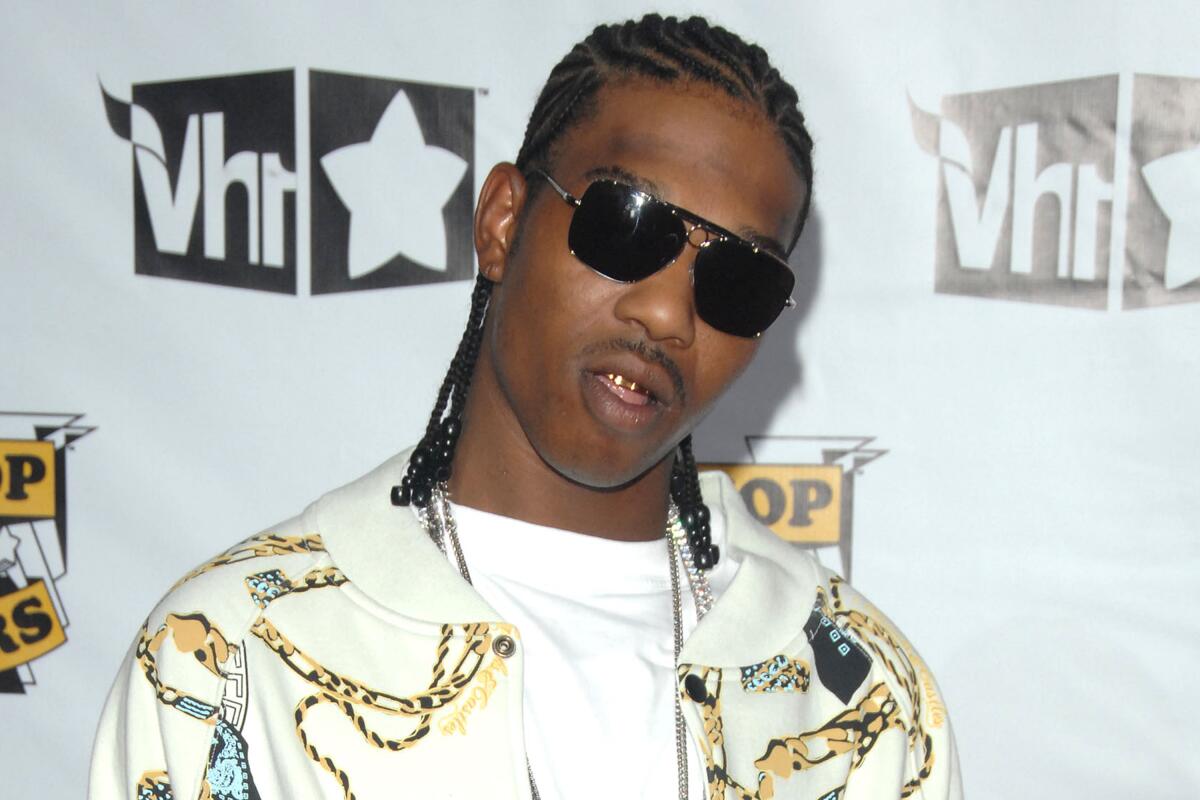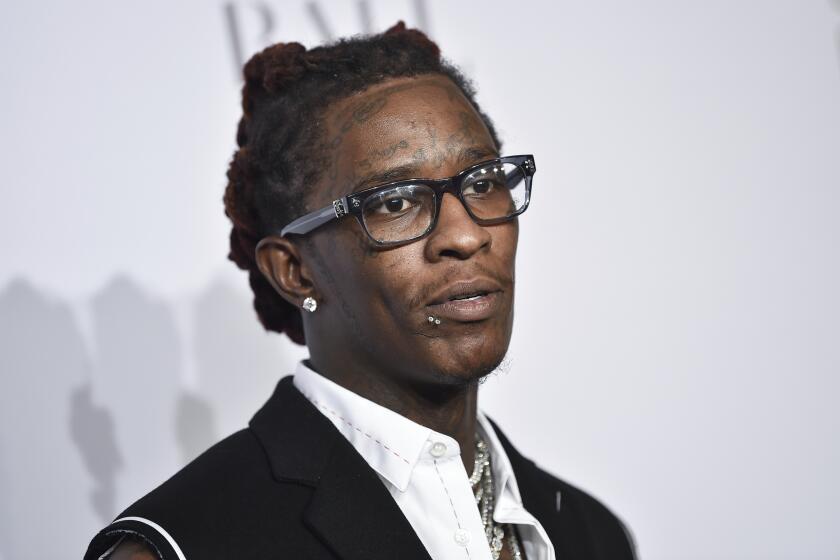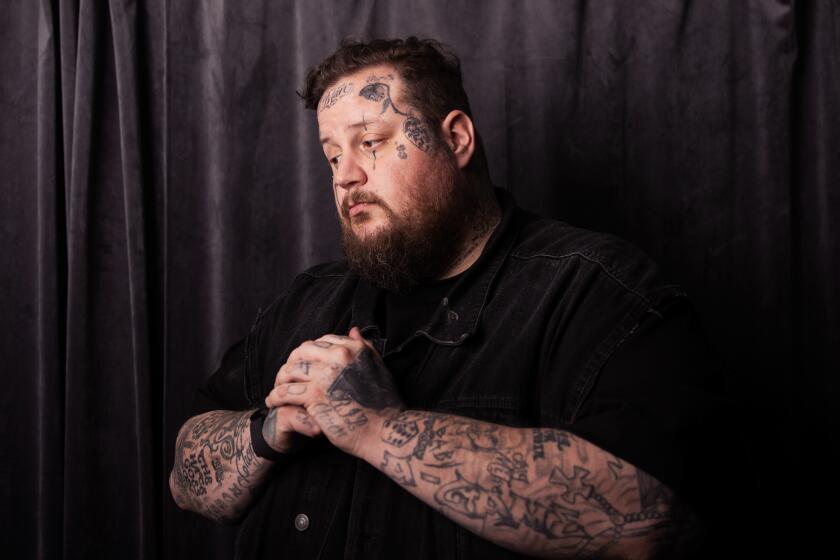Law versus lyrics: Rapper BG must have all future songs reviewed by U.S. government

- Share via
Rapper BG, who is living under federal supervision after his release from prison, is also having his lyrics supervised.
The “Bling Bling” artist must provide the federal government with copies of his upcoming songs before they are produced or promoted, and if the lyrics are considered inconsistent with his rehabilitation, prosecutors may move to tweak the terms of his supervised release, the Guardian reported Tuesday.
Brian Steel, a lawyer for Young Thug in the rapper’s RICO case, avoids an imminent 10 weekends in jail as a Georgia court stays a judge’s contempt finding.
BG, a.k.a. Baby Gangsta, whose real name is Christopher Dorsey, narrowly avoided even stricter scrutiny. U.S. District Court Judge Susie Morgan, who oversees the Eastern District of Louisiana, refused the prosecution’s request to prohibit BG “from promoting and glorifying future gun violence/murder” in any songs performed during his supervision, citing free speech concerns, the outlet said.
The New Orleans rapper, who was formerly a part of the Hot Boys with Lil Wayne, Juvenile and Turk, was arrested during a traffic stop in 2009 after an officer found three guns in his car — two of which were stolen. BG pushed others in the car into taking responsibility for the weapons, but the truth was eventually revealed, and he later pleaded guilty.
Baby Gangsta was sentenced in 2012 to 14 years in jail for two counts of firearm possession and one count of conspiracy to obstruct justice. He was released last September after serving 11 years and is now spending three years under federal supervision.
That supervision became an issue when he began rapping again, particularly after he held a concert in Las Vegas in February with rapper Boosie Badazz, who has multiple felony convictions. Those under supervised release are generally required to refrain from associating with convicted felons, and BG was arrested for allegedly not obtaining permission to work with Boosie.
Jelly Roll — born Jason DeFord — said he cannot yet travel internationally due to “some legal puzzles” surrounding past felonies.
Prosecutors also said that the lyrics the two rapped, in addition to the lyrics on BG’s 2020 album with Gucci Mane (who is also a felon), caused them to seriously question BG’s commitment to rehabilitation. Though it turned out that BG did get permission to work with Boosie, the lyrics issue was deemed consequential enough to result in Friday’s ruling.
The mixed decision adds to a controversial history of using lyrics to prosecute musical artists, most of whom are Black, for various crimes.
Lyrics have been submitted in court as evidence of wrongdoing or gang affiliation or simply as a demonstration of a violent character in more than 700 cases, notably against Snoop Dogg in the 1990s, Takashi 6ix9ine in 2019 and Yung Thug in his current high-profile RICO trial.
More to Read
The biggest entertainment stories
Get our big stories about Hollywood, film, television, music, arts, culture and more right in your inbox as soon as they publish.
You may occasionally receive promotional content from the Los Angeles Times.












